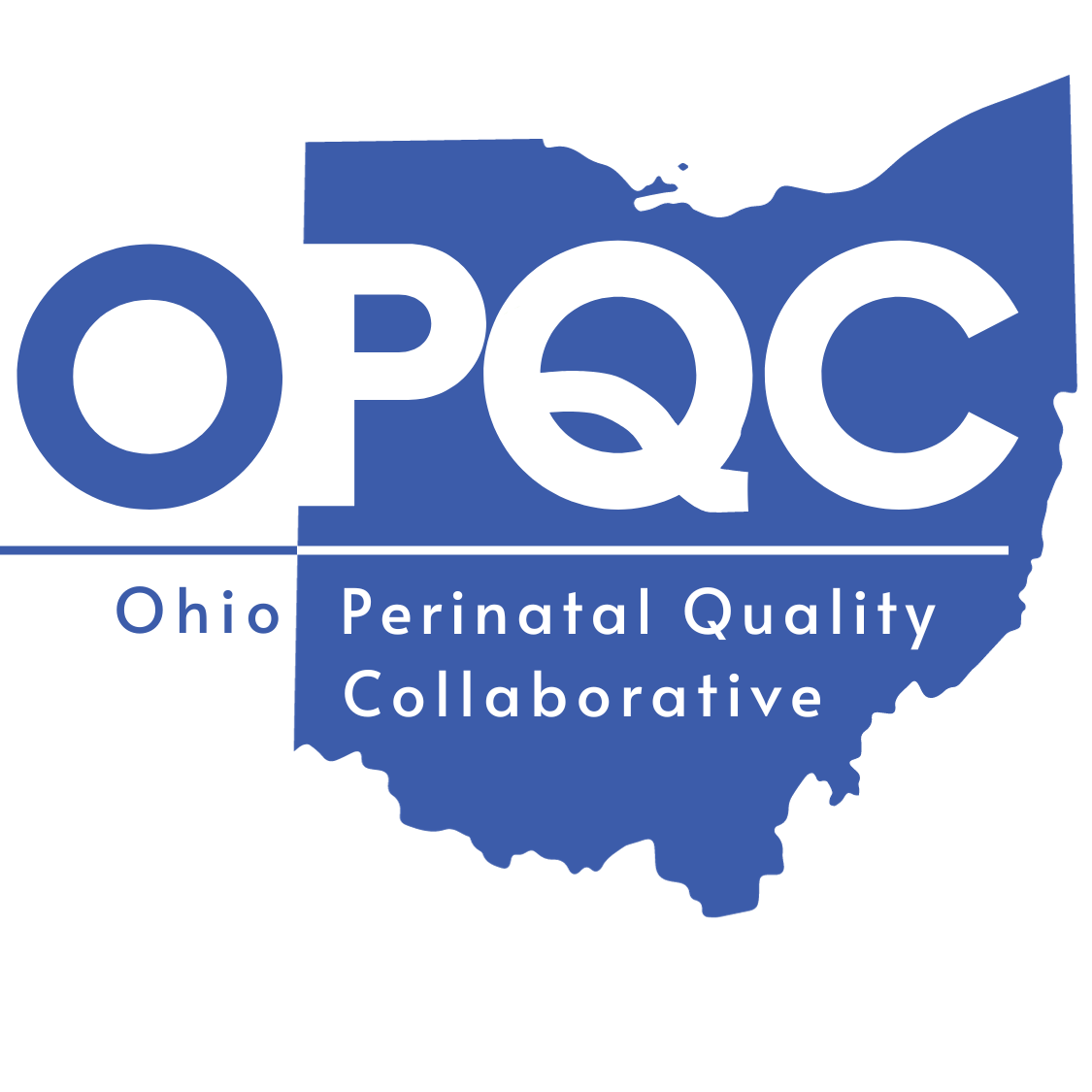
NICU GRADUATES
PROJECT
Preterm birth is the leading cause of infant mortality in Ohio. Babies born before 37 weeks of pregnancy are more likely to require lifelong medical care, including home caregivers and special education services. With improved life-saving measures and medical technology, increasing numbers of children with special health care needs transition home from NICUs with supportive technology. For newborns, the main types of technological support include nutritional support and respiratory support. As more babies with complex medical needs are transitioned to home, recent studies have shown that readmission rates of premature infants are on the rise, leading to increases in healthcare expenditures.
To more effectively promote the well-being of NICU graduates and their families, the NICU Grads Project worked to improve the transition from the NICU to home for infants with complex health care needs and/or technology dependence. Specifically, the project will target newborns with tracheostomies (with and without ventilators) and Gastrostomy Tubes (G-Tubes). Over a two year period, the NICU Grads initiative aims to identify best practices for a family-centered and more integrated care coordination approach among NICUs, families, care/case managers, and home health service, waiver and primary care providers.
Publication: Transitioning medically complex infants home: lessons learned from quality improvement efforts
Published: December 2024 in Journal of Perinatology
Authors: Dan Benscoter, Kristin Voos, Christine L Schuler, Andrea J Hoberman, Heather C Kaplan, Pierce Kuhnell, and Carole M Lannon
The OPQC NICU Grads project is funded by the Medicaid Technical Assistance and Policy Program (MEDTAPP) and administered by the Ohio Colleges of Medicine Government Resource Center. The views expressed in this presentation are solely those of the authors and do not represent the views of state or federal Medicaid programs.

